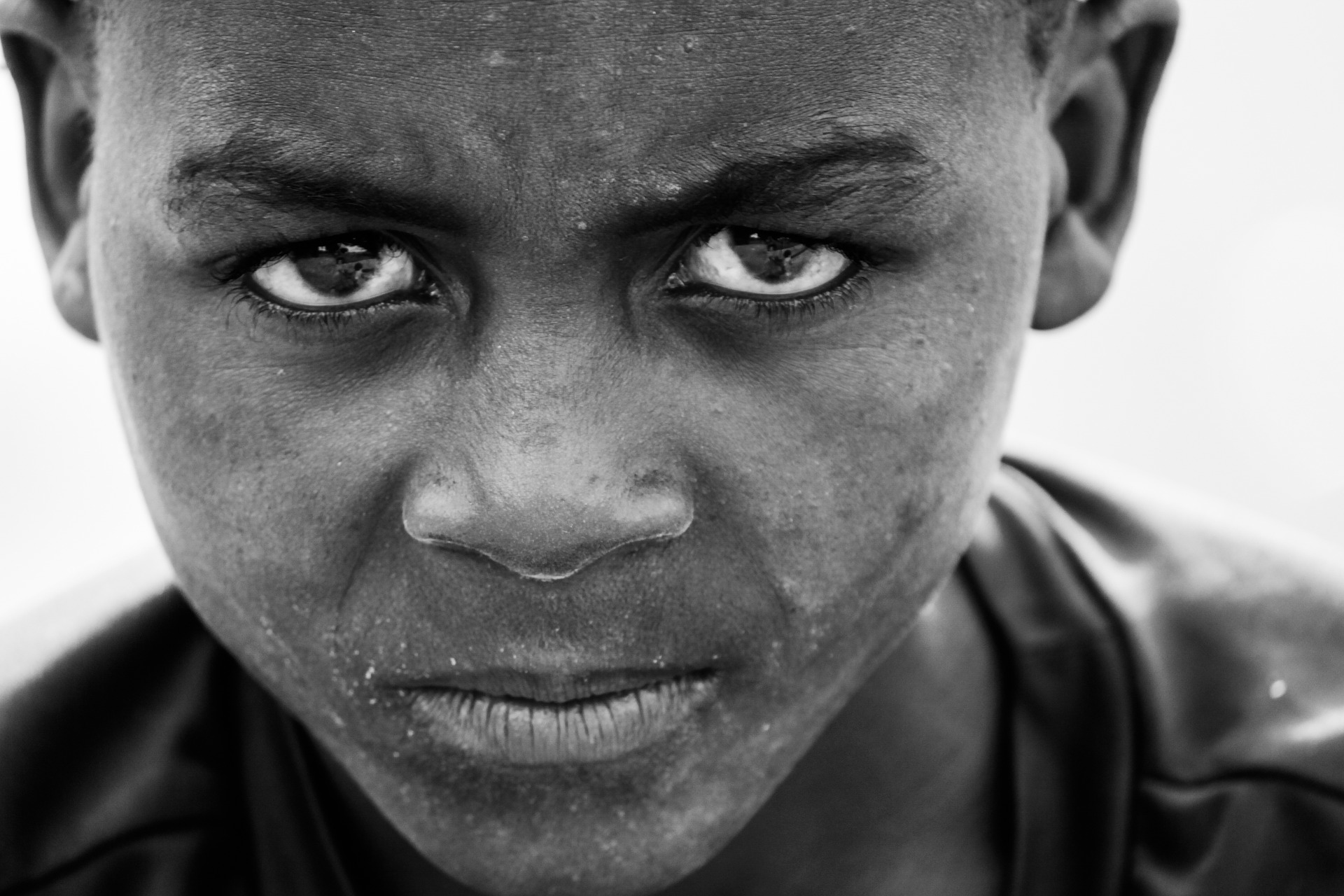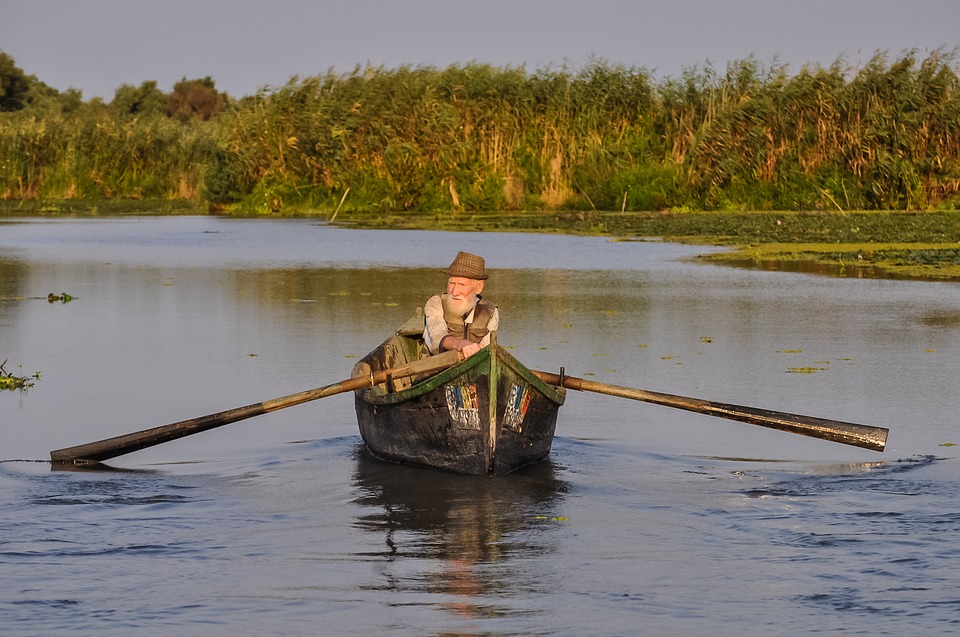In 2006–08 males in the UK could expect to live in ‘very good’ or ‘good’ health for 62.5 years at birth and 10.1 years at age 65, and for females 64.3 years at birth and 11.3 years at age 65 (Source: gov.uk). Society expects older people to retire but to the sidelines but in this day, is this wise? I remember hearing a real life story about the damage caused to livelihood and forestry when a group of young male elephants went on the rampage in East Africa. They were part of a larger herd of which had the old bull elephant removed in an attempt to socially engineer new leadership in the herd. Are there lessons in this story for the recent riots or “public disorder” in London?
What is retirement anyway? Is it time for : travel, leisure, free travel, respect, pensions, slowing down, saying what you really feel, paying back, being paid back, worry, less finances, more money, regret, loneliness, hobbies, care services, hospitals, taxis, grand children, wisdom, friends, reunions, reduced mobility, failing senses, celebration of life, freedom?
Collins English says to retire is to give up work, to go into seclusion, to withdraw. A search on the internet brings up mostly financial issues and solutions. Surely, retirement is much more than financial matters. There appears to be limited support for people who wish to prepare for the non-financial aspects of retirement. Why is this so, when most would agree that we become progressively motivated by higher order needs like relationships and self actualisation, as we get older? Mature Times, a free newspaper in London refreshingly provides a balance of content but I wonder how widely read it is and if any read it before they retire.
Surely older people with wisdom and experience are a resource for society. Could a focus on post retirement contribution also provide older people with opportunities and a network of support they choose? After all many people have produced their best literary and artistic works after the age of 60.
To move gracefully into retirement is to know what is important to you, be proactive and flexible in pursuing it with determination.



